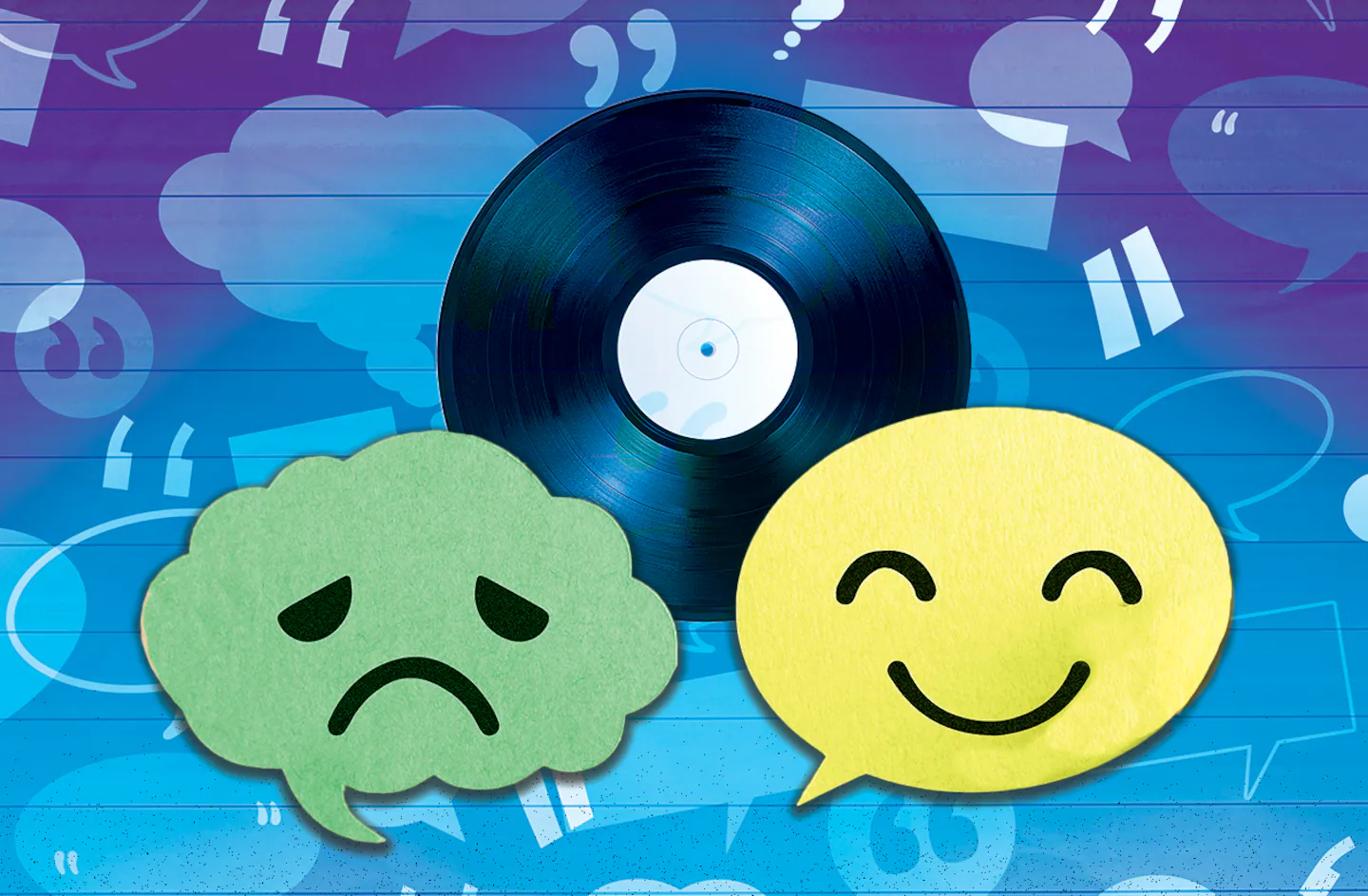Copyright The Boston Globe

While checking in with listeners in the chat — a broadcast channel that anyone can join via De Souza’s Instagram page — the Connecticut-born musician asked members for thoughts on the album, and encouraged those who liked it to “tell them [Pitchfork] their review is whack.” “I am SO tired of internet bullies, and pitchfork [sic] is one of the biggest ones there are,” the 28-year-old artist wrote. Over 3,000 fans were members of the chat when screenshots of the conversation started to make the rounds on social media, opening up the discussion to what was likely a much larger audience than De Souza intended. All but one of De Souza’s remarks in the fan chat from that day — the one greeting fans and asking what they thought of “Precipice” — subsequently disappeared. De Souza is far from the first artist to air grievances over a middling album review (let’s not forget when alt-pop singer Halsey tweeted “Can the basement that they run p*tchfork [sic] out of just collapse already,” not realizing that the publication’s offices are located in New York City’s One World Trade Center). But she did have the bravery to voice a sentiment many artists will only ever wrestle with in private: why do music journalists bother with negativity? If they don’t resonate with a certain artist or album, can’t they skip over it instead of criticizing it? Sunday night, as De Souza performed at Royale in Boston, I pondered the matter from the crowd, pen and notepad in hand like a cliche. The most straightforward answer to De Souza’s question is that reviewing only what you already like transforms a critic into a PR representative. If a review is predetermined to be positive, it might as well be an ad. Commercials are already plastered across every app and streaming platform — no one needs to endure more “sponsored content.” For a reviewer, the thrill of the gig is assessing a project or performance while it unfolds before you. I’ve praised bands I expected to pan (the Jonas Brothers) and blanched at crowds I couldn’t have conceived of in my wildest fever dreams (Sabrina Carpenter’s age-inappropriate army of tots). I’ve seen groups I haven’t cared about in 10-plus years and walked away entertained (Coldplay); I’ve witnessed artists duplicate an arena set and admitted that no one seemed to mind the déjà vu (SZA). Watching De Souza Sunday evening, I was taken by her ability to float between feather-soft vocals and feral warbles, and the abundance of vulnerability she brought to her banter with the crowd. In music journalism, the surprises — good or bad — are almost always more interesting than the notorious crowd-pleasers. Which is the other reason critics can’t limit reviews to what they’re personally fond of: When everything is “great,” nothing is. Commentary is meant to be contemplated, and there’s much more intellectual substance in mixed or challenging opinions than confetti showers of compliments. Music criticism is far from gospel, but it does uphold the universal truth that it’s impossible to make art that everyone likes. Covering a variety of material and not adoring every riff and chorus doesn’t make you a bully, it makes you a human. Yes, there are misanthropes who mistake their own snark for talent and build a career using poorly contained cynicism, seemingly unaware that by skewering every artist they cover, they’re also skewering their own credibility. But largely, critics pick this field because they want to use music as a springboard for challenging and expanding readers’ perspectives on culture and how we interact with it. Much like this piece isn’t meant to be a takedown of Indigo De Souza or her music, but a take on a critic’s role in the modern music industry. A practiced critic can stoke a conversation without going for an artist’s jugular (although sometimes, there’s no other way to convey the colossal stink of a particular project or performance). My business isn’t getting readers to agree with me; it’s getting them to think critically and entertain different perspectives − two activities that seem to be dwindling in popularity lately. Many artists’ online fanbases have devolved into vapid echo chambers of idol worship, where anonymous commenters take pride in doling out hate speech and death threats to anyone who dares to imply their emperor isn’t wearing any clothes (ask me how I know). AI chatbots like ChatGPT, which boast billions of visits, tend to agree with users to keep them happy. And on X, these grim realities meet via the refrain “Grok, is this true?” — that is, asking the social media platform’s AI chatbot to verify another user’s claim, rather than doing any research or critical thinking. The cumulative thoughtlessness makes actual discourse — even the most contrarian take on a show or album — feel like an endangered art form worth preserving. Then again, that’s just my opinion.



